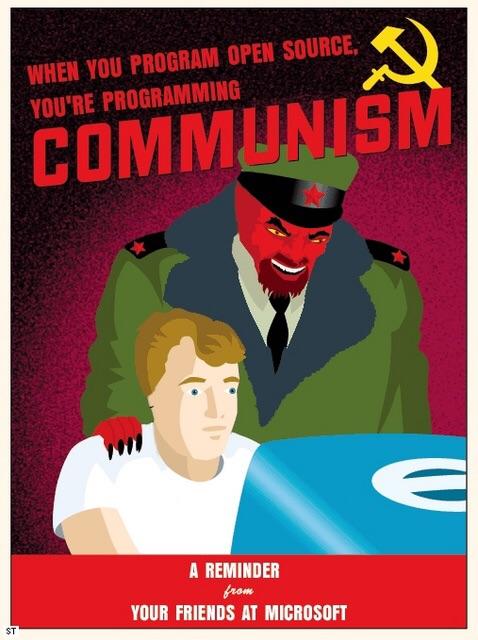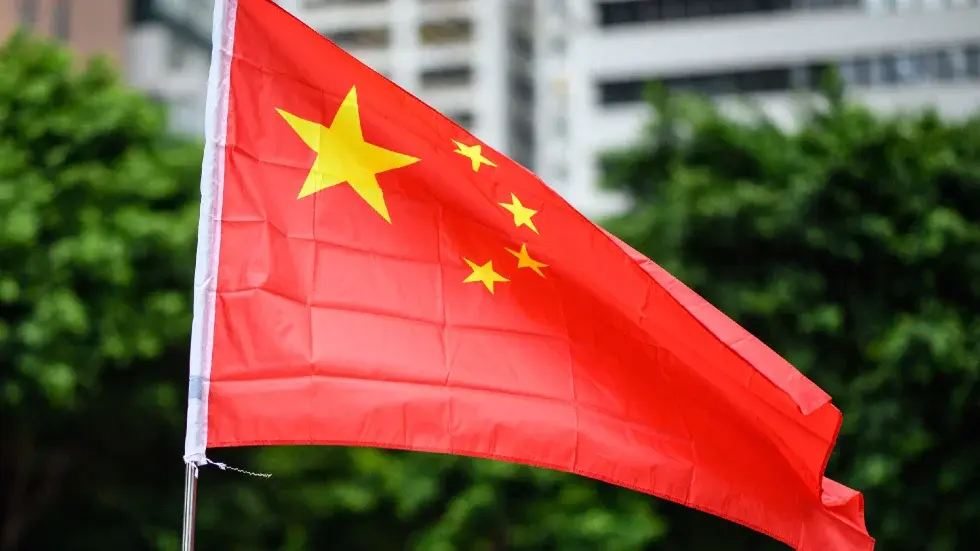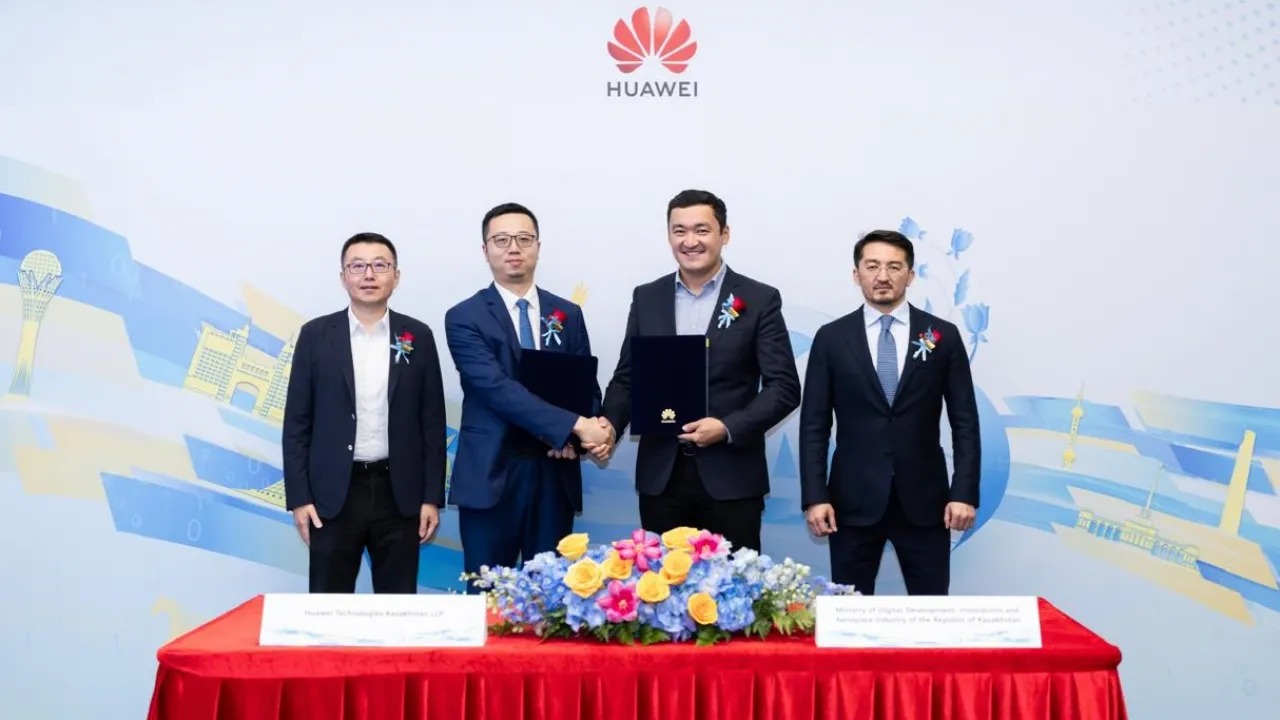☆ Yσɠƚԋσʂ ☆
- 1.37K Posts
- 437 Comments

 5·6 hours ago
5·6 hours agoI really like the take from Wang Jian who founded Alibaba Cloud. His view is that AGI is a meaningless term. In practice, it’s a gradient where capabilities of the models continue to improve across different spectrums, and they continue to become more useful.
In terms of the whole singularity thing, it’s certainly not out of the realm of possibility. For example, stuff like this is already happening where the discovery of better models is becoming automated. The question is where things start to plateau.
Overall, I’m fairly optimistic as well. I think it’s almost certain that China will drive most of the progress because they have the industries to apply this tech. We already see automation in factories, robots being increasingly used to do manual labour, stuff like self driving trucks, etc. It’s entirely likely that a lot of hard jobs will be automated within a decade or so.
At the same time, I do expect this tech will have negative consequences in capitalist societies where it will displace labour and drive unemployment. I’d argue that deepening inequalities will necessarily lead to further radicalization of the workers, and would help convince people that capitalism is not sustainable.

 2·6 hours ago
2·6 hours agoI find higher parameter tends to produce better output, but depends on what you’re doing too. For example, for stuff like code generation accuracy is more important. So even a smaller model that’s not quantized might do better. It also depends on the specific model as well.

 7·10 hours ago
7·10 hours agoWe’re now seeing which states have genuine sovereignty and which are vassals.

 5·1 day ago
5·1 day agoyeah, that’s the big worry

 16·1 day ago
16·1 day agoThe whole point of these planes is to make money. They were never meant to actually work. The whole thing is a Potemkin village.

 31·1 day ago
31·1 day agoIt’s more than just control of inputs. China is a huge market for chips, and it would be a massive blow to nvidia to lose access to this market. Their revenue would go down significantly as a result. On top of that, Chinese companies are already catching up to nvidia, and they’re going to compete on the global market soon. This is the real nightmare scenario for nvidia, because the same thing will happen that we saw happen with stuff like EVs and solar panels. China is going to flood the world with much cheaper chips that are going to be as good or better than anything nvidia can make. At that point, nvidia is looking at a collapse of their global market share. The west will ban Chinese chips, but the rest of the world won’t, and the west on its own is just not big enough of a market.

 10·2 days ago
10·2 days agoYeah it’s a stunningly dumb move on the part of the US. India invested billions in oil refining infrastructure since the war started. They were doing practically no refining before the war, and now it’s a huge industry for them. If Trump thinks they’re just going to abandon that then he’s delusional. All this is going to achieve is to drive India further towards BRICS because they’re going to have no other choice.

 7·2 days ago
7·2 days agoFor sure, and I hope this sort of thing will be happening all over the developing world where countries industrialize using solar instead of fossil fuels.

 4·2 days ago
4·2 days agoI think they’re just setting up bibi for the fall and then gonna claim that it was all him.

 5·3 days ago
5·3 days agothat’s a really good point actually

 5·3 days ago
5·3 days agoSure, it’s still remarkable that a model that performs better than one that would’ve needed a data centre to run a year ago can now run on a regular consumer laptop though.

 17·4 days ago
17·4 days agoYeah, the propaganda is very hamfisted when it comes to DPRK.

 16·5 days ago
16·5 days agoIt’s cause they cook the number and don’t define employment as a job that pays a living wage. https://www.lisep.org/tru

 5·7 days ago
5·7 days agoOh here’s the full version https://lemmygrad.ml/post/8612311/6739010

 3·7 days ago
3·7 days agoUnfortunately can’t get past the pay wall either.

 7·7 days ago
7·7 days agoI imagine that these types will be able to do a lot of day to day manual labour and I can see how these can be adapted to doing stuff like household chores. The price is low enough to be consumer affordable already, and now it’s mainly a matter of improving the software to make them more capable. Some practical uses are starting to show up already.

 8·7 days ago
8·7 days agoYou just love to see it. Turns out that China doesn’t really need to lift a finger to defeat the great Satan.












I think the next big idea could be models dynamically training sub models on demand. There are approaches like HRM being explored that require far less training data and scope of parameters already. Another avenue being explored focuses on creating reusable memory components as seen with MemOS. It blurs the line between training and operational modes, where the model just continuously learns. What we might see is models that create an agent to learn a new task, and then once it’s learned it can be used and shared going forward.
From what we know, human intelligence is also structured hierarchically, where the brain has regions responsible for different tasks like vision processing, and then there’s a high level reasoning system built on top of that.